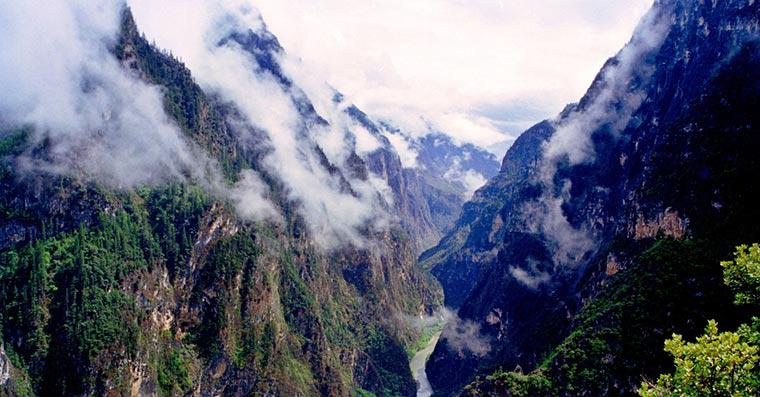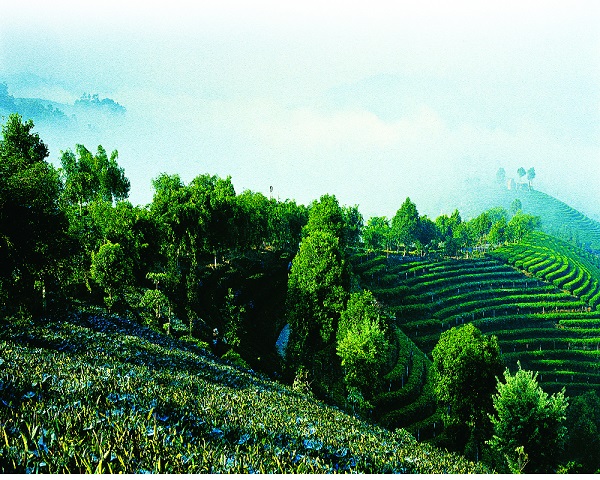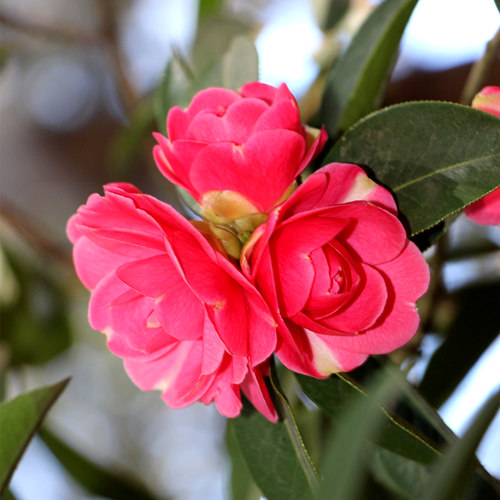
Detailed Introduction to Gejiu City of Honghe Prefecture
Overview
Gejiu City (个旧市), situated in southeastern Yunnan Province, is a county-level city under the jurisdiction of Honghe Hani and Yi Autonomous Prefecture. It is famously known as China’s “Tin Capital” (中国锡都) due to its vast tin reserves and over a century of mining history. Nestled among mountains and centered around a manmade lake, Gejiu is a unique combination of industrial strength, ethnic diversity, and scenic beauty.
Geography and Climate
Gejiu lies on the southern Yunnan Plateau, surrounded by steep mountain ranges. It is an urban mountain city, with neighborhoods built into hillsides, creating dramatic urban landscapes.
Elevation: 1,700–2,500 meters
Geographic Features: Steep terrain, narrow valleys, and artificial lakes
Climate: Subtropical highland climate (mild summers and winters)
Average Annual Temperature: ~18°C (64°F)
A key geographic feature is Lake Gejiu (个旧湖), formed from a former mining pit and now a central part of the urban environment.
Historical Significance
Gejiu’s modern history began in the late Qing Dynasty when its tin mining industry developed rapidly. During the Republic of China era and throughout the 20th century, it became one of China's most important industrial cities in the southwest, particularly for nonferrous metal production.
Gejiu was once directly administered by Yunnan Province due to its strategic economic importance, only later becoming part of Honghe Prefecture.
Industry and Economy
Gejiu is historically and economically centered on tin mining and smelting. It is one of the largest tin-producing areas in the world, and remains a key player in China’s nonferrous metals industry.
Major Products: Tin, lead, zinc, silver
Major Companies: Yunnan Tin Group (云南锡业集团), a global leader in refined tin production
Industrial Clusters: Nonferrous metallurgy, machinery, chemicals, and recycling
Urban Transition: Efforts are underway to shift from heavy industry toward eco-tourism, cultural industries, and sustainable development.
Ethnic Diversity and Culture
As part of the Honghe Prefecture, Gejiu is home to many ethnic groups including the Han, Hani, Yi, Dai, and Zhuang. These groups coexist with vibrant traditions, festivals, and rural lifestyles that contrast with the city’s industrial image.
Traditional Festivals:
Hani Long Street Banquet
Yi Torch Festival
Mid-Autumn Moon Worship (popular among mining families)
Key Attractions
Lake Gejiu (个旧湖)
Once a tin mine crater, now transformed into a scenic lake at the heart of the city, surrounded by urban development and walking paths.
Tin Industry Museum (锡都博物馆)
A museum showcasing Gejiu’s tin mining history, metallurgical techniques, and industrial culture.
Xiaohedi Park (小河底公园)
A large green space offering panoramic views of the city and a place for recreation among locals.
Historic Mining Sites
Including open-pit mines, early smelting furnaces, and tunnels, which reflect the legacy of a century-old mining tradition.
Ethnic Villages
Located in surrounding hills, where traditional Hani terraced fields and village architecture can still be seen.
Local Cuisine
Gejiu cuisine blends Han and minority flavors, with many dishes reflecting the miner’s diet and highland farming culture.
Steamed Pot Chicken (汽锅鸡)
Pickled Bamboo Shoots and Mushrooms
Grilled Meats with Hani Spices
Rice Wine and Hani-style tea
Transportation
Highways: Well connected via regional roads to Mengzi, Kaiyuan, and Kunming.
Rail: Formerly a stop on the Yunnan–Vietnam Railway, now part of regional transport planning.
Nearby Airports: Kunming Changshui International Airport (~3–4 hours), and Honghe Mengzi Airport (under development)
Education and Healthcare
Gejiu hosts several vocational schools and technical institutes with a focus on metallurgy, engineering, and environmental science. Healthcare services are anchored by Gejiu People's Hospital, one of the oldest in southern Yunnan.
Environmental Transition
Due to concerns over industrial pollution and resource depletion, Gejiu has been actively investing in:
Mine restoration projects
Green spaces and water conservation
Recycling industries and green metallurgy
Role in Regional Development
As part of the “One Belt One Road” and Greater Mekong Subregion (GMS) strategy, Gejiu is positioning itself as:
A historical industrial city with tourism potential
A hub for nonferrous meta



